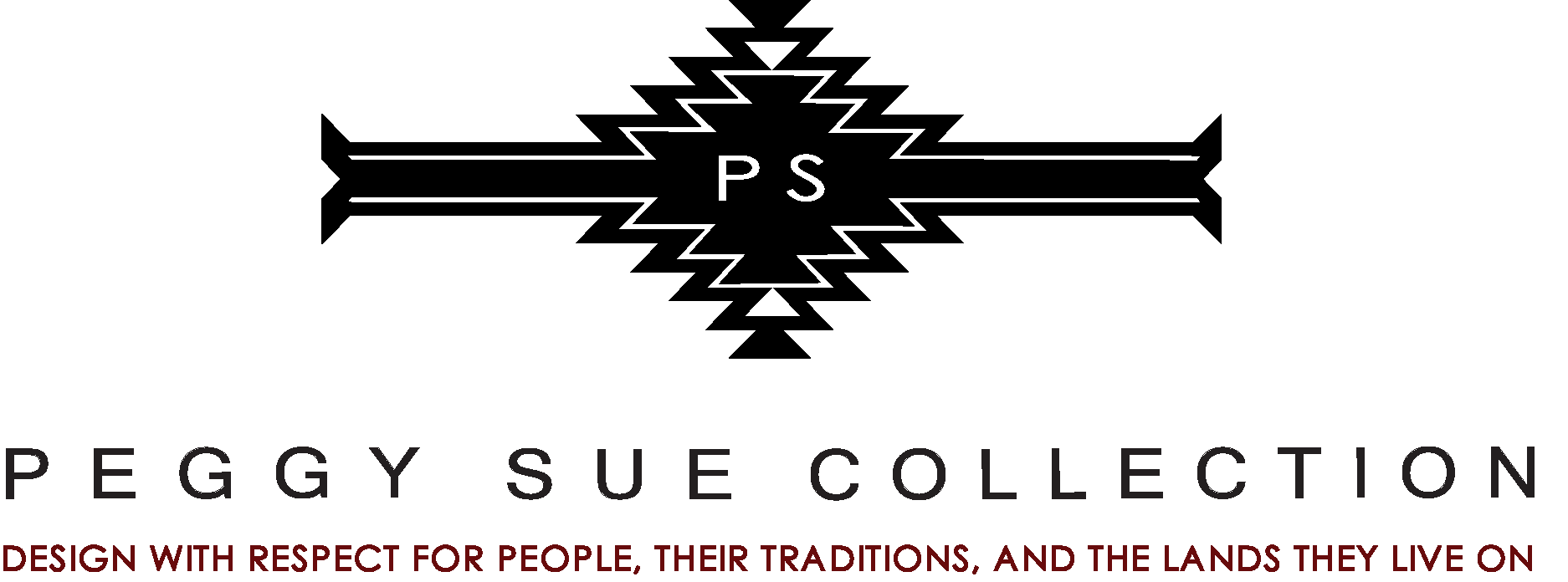fibershed
san geronimo, ca, u.s.a.
The fibershed project began with a commitment by its founder, Rebecca Burgess, to develop and wear a prototype wardrobe whose dyes, fibers, and labor were sourced from a region no larger than 150 miles from the project’s headquarters. Burgess had no expected outcomes from the personal challenge other than to reduce her own ecological footprint and maybe inspire a few others. Burgess teamed up with a talented group of farmers and artisans to build the wardrobe by hand, as manufacturing equipment had all been lost from the landscape more than 20 years ago.
The goal was to illuminate that regionally grown fibers, natural dyes, and local talent was still in great enough existence to provide this most basic human necessity– our clothes. Within months, the project became a movement, and the word Fibershed and the working concept behind it spread to regions across the globe, with at least 15 similar projects now underway in different parts of the world.
Burgess founded the Fibershed Marketplace in 2011 to inspire the team of artisans and farmers to stay together in a state of collaboration through a cooperatively run green business model. In 2012, Burgess founded Fibershed’s 501c3 to address and educate the public on the environmental, economic, and social benefits of de-centralizing the textile supply chain, for the purpose of creating regional, resilient, and community organized textile cultures that support rural and urban cross-collaboration.
Peggy Sue Collection is a proud supporter of the Fibershed movement and actively collaborates with Toronto's local fibreshed: Upper Canada Fibreshed, co-founded by Becky Porlier and Jennifer Osborn.
The Northern California Fibershed (the first of the fibersheds) is defined by a 150-mile radius from their headquarters in San Geronimo, California. A roundtrip drive to and from these regions can technically happen in one day, allowing for the affordable transfer of goods and services to be easily accomplished by small producers, which supports the growth of our region’s own textile culture and economy.



